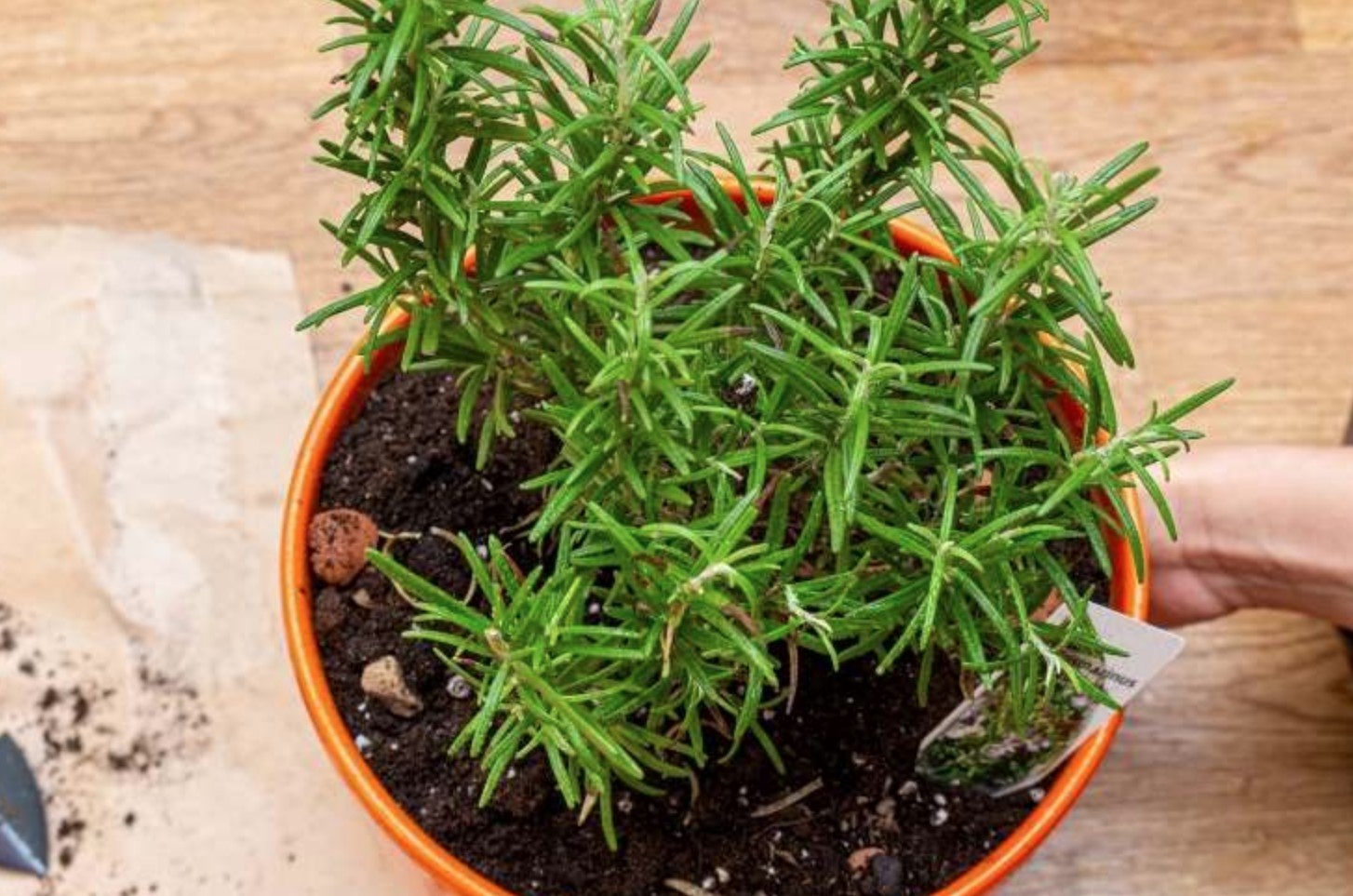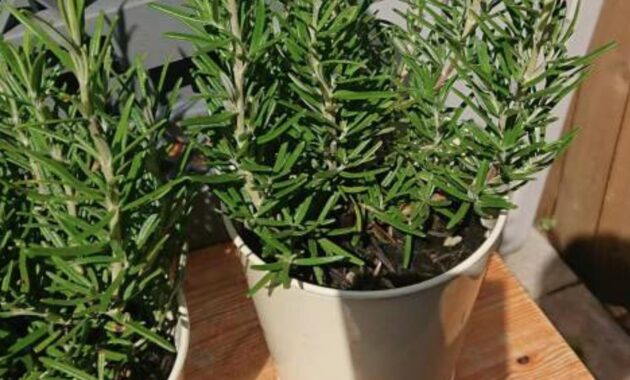
What is Rosemary?
Rosemary (Rosmarinus officinalis) is a fragrant evergreen herb with needle-like leaves. Native to the Mediterranean region, it’s been prized for centuries for its culinary and medicinal properties. Its strong, distinctive aroma and flavor make it a popular ingredient in many dishes, from roasted meats to herbal teas.
How to Grow Rosemary
Growing Rosemary Outdoors:
- Sunlight: Rosemary loves full sun.
- Soil: Well-draining soil is key. A sandy loam mix works best.
- Watering: Water regularly, but avoid overwatering. Let the soil dry out slightly between waterings.
- Fertilizing: Feed with a balanced liquid fertilizer once a month during the growing season.
- Pruning: Prune regularly to maintain shape and encourage bushier growth.
Growing Rosemary Indoors:
- Sunlight: Place in a sunny windowsill.
- Soil: Use a well-draining potting mix.
- Watering: Water when the top inch of soil feels dry.
- Fertilizing: Fertilize monthly during the growing season.
- Pruning: Prune as needed to maintain shape.
Rosemary Plant Types
- Upright Rosemary: The most common type, with upright stems and dark green leaves.
- Creeping Rosemary: Low-growing, ideal for ground cover or hanging baskets.
- Tuscan Blue Rosemary: Known for its blue flowers and strong flavor.
Rosemary Essential Oil
Rosemary essential oil, extracted from the plant’s leaves and flowering tops, offers a range of benefits:
- Improved cognitive function: Boosts memory and focus.
- Stress relief: Reduces anxiety and promotes relaxation.
- Pain relief: Soothes muscle and joint pain.
Fresh vs. Dried Rosemary
- Fresh Rosemary: More intense flavor, ideal for fresh dishes.
- Dried Rosemary: More concentrated flavor, perfect for storage and cooking.
Health Benefits of Rosemary Herb
- Improved cognitive function: Enhances memory and focus.
- Antioxidant properties: Protects cells from damage.
- Anti-inflammatory effects: Reduces inflammation.
- Potential cancer-fighting properties: May help prevent certain cancers.
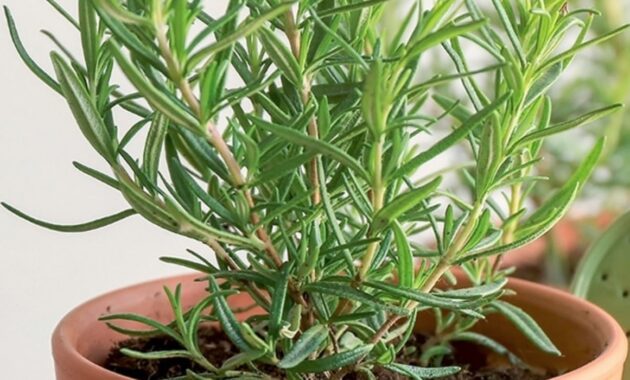
How to Use Rosemary in Cooking
Rosemary is a versatile herb that can be used in many dishes:
- Roasted meats: Adds flavor to lamb, pork, and chicken.
- Vegetables: Enhances the taste of roasted vegetables.
- Soups and stews: Adds depth of flavor.
- Herbal teas: Soothes the mind and body.
Rosemary Plant Companion Plants
Rosemary can be planted alongside other herbs to create a beautiful and fragrant garden:
- Sage: Repels pests and complements rosemary’s flavor.
- Thyme: Drought-tolerant and enhances rosemary’s aroma.
- Oregano: Classic Mediterranean herb pairing.
Benefits of Rosemary for Skin and Hair
- Hair growth: Stimulates hair growth and reduces hair loss.
- Dandruff relief: Soothes an itchy scalp and reduces dandruff.
- Skin health: Protects skin from damage and promotes a healthy complexion.
Can You Grow Rosemary from Cuttings?
Yes, you can! Simply take a cutting, remove the lower leaves, and plant it in well-draining soil. Keep it moist and in a warm, sunny spot.
When to Harvest Rosemary
The best time to harvest rosemary is in the morning, when the essential oil content is highest. Use sharp scissors to snip off the stems.
DIY Rosemary Plant Fertilizer
Create a natural fertilizer for your rosemary plant using these ingredients:
- Water
- Epsom salt
- Apple cider vinegar
Mix and water your plant monthly.
Rosemary Plant for Mental Clarity
Inhaling rosemary essential oil or drinking rosemary tea can boost mental clarity, focus, and memory.
Benefits of Rosemary Tea
Rosemary tea offers various health benefits:
- Improved digestion: Soothes digestive issues.
- Boosted immune system: Strengthens the immune system.
- Reduced inflammation: Alleviates inflammation.
Rosemary in Mediterranean Cooking
Rosemary is a staple in Mediterranean cuisine. It’s used to flavor a wide range of dishes, including roasted meats, vegetables, and soups.
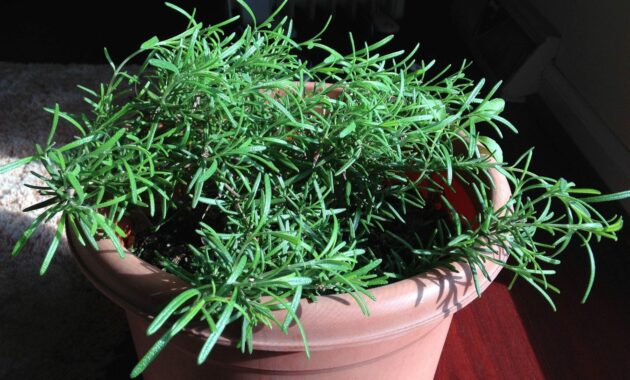
Rosemary as a Natural Mosquito Repellent
Rosemary’s strong scent can deter mosquitoes. Plant rosemary near outdoor seating areas or use rosemary essential oil as a natural repellent.
DIY Rosemary-Infused Oil
Create your own rosemary-infused oil for cooking, aromatherapy, or skincare:
- Heat olive oil.
- Add fresh rosemary sprigs.
- Simmer, strain, and store.
Rosemary Plant for Aromatherapy
Rosemary essential oil is commonly used in aromatherapy to promote relaxation, reduce stress, and improve mood.
Is Rosemary Safe for Pets?
While rosemary is generally safe for humans, it can be toxic to pets. Keep rosemary plants and essential oil out of reach of pets.
Medicinal Uses of Rosemary
Rosemary has been used medicinally for centuries to treat various conditions, including hair loss, memory loss, and pain relief.
How to Dry and Store Rosemary
To dry rosemary, hang sprigs upside down in a warm, dry place. Once dry, remove the leaves and store them in an airtight container.
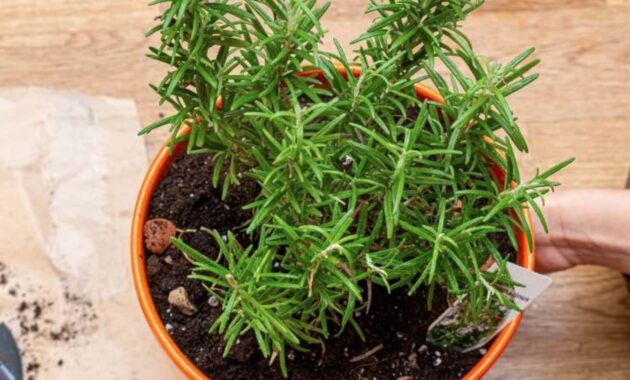
Organic Rosemary Plant Care
To care for your rosemary plant organically, avoid using chemical fertilizers and pesticides. Use natural pest control methods, such as neem oil or insecticidal soap.
Conclusion
Rosemary is a versatile herb with a wide range of benefits. Whether you’re using it to flavor your food, boost your health, or simply enjoy its beautiful aroma, rosemary is sure to enhance your life.
FAQs
- Can I propagate rosemary from cuttings?
Yes, you can easily propagate rosemary from stem cuttings. Simply plant the cutting in well-draining soil and keep it moist. - How often should I water my rosemary plant?
Water your rosemary plant regularly, but avoid overwatering. Let the soil dry out slightly between waterings. - Can I use rosemary essential oil in my hair?
Yes, rosemary essential oil can be used to promote hair growth and reduce hair loss. Dilute it with a carrier oil and massage it into your scalp. - What are the culinary uses of rosemary?
Rosemary can be used to flavor a variety of dishes, including roasted meats, vegetables, soups, stews, and sauces. - Can I drink rosemary tea every day?
Yes, you can drink rosemary tea daily, but it’s best to consult with a healthcare professional if you have any underlying health conditions.
